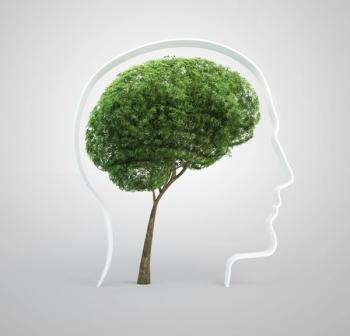
Is it all these things that tell us who we are?

Is it all these things that tell us who we are?

It is important to consider the lessons from history and psychology as the war in the Ukraine continues.

A psychiatrist's reflections on Father's Day.

Reflections on Juneteenth...
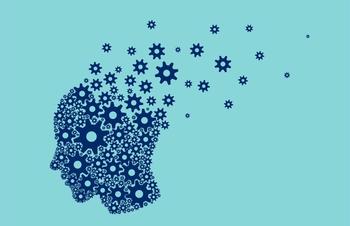
Interim study results show 77% treatment response rate among participants.
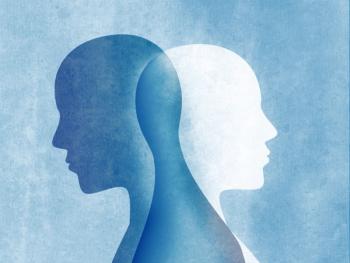
Do your patients have abnormal thyroid indices? Researchers performed a comparison of thyroid function based on mood state in drug-naïve patients with bipolar disorder.

In psychiatry, there is much to learn and consider from these 2 celebrations.
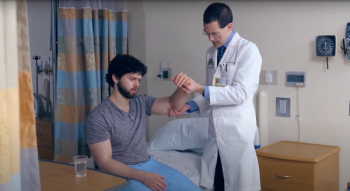
Despite its prevalence and clinical impact, catatonia remains widely underdiagnosed. What are clinicians missing?
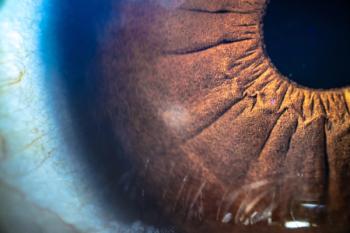
The eyes are a window to the brain. Researchers performed a nationwide cohort study of the risk of retinal disease in patients with bipolar disorder.

Postpartum psychosis is experienced by 1 to 2 women every 1000 deliveries.

Have we learned anything from history regarding gun safety?

The American Academy of Pediatrics included these testimonies in a statement submitted to the US Senate Judiciary Committee in advance of the committee’s hearing on gun violence prevention.

“Changing the status quo requires all of us to take an active stand.”

We have a golden opportunity to determine the future of behavioral health crisis care in the United States.
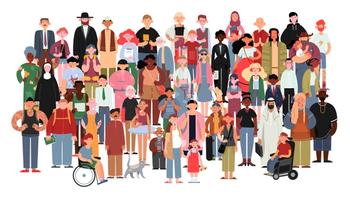
Sociocultural factors have been shown to impact both the presentation and course of schizophrenia/psychosis. Learn more here.
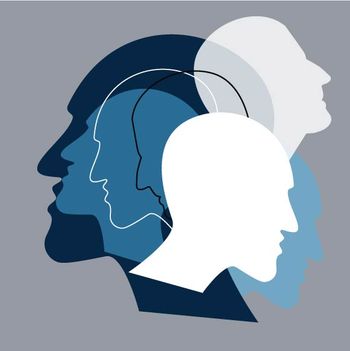
Researchers investigated population-level phenotypes occurring before and after diagnosis of schizophrenia using a large health insurance claims dataset.

How can writing poetry help clinicians process their emotions and explore their personalities outside of medicine?

Researchers performed a meta-analysis of the prevalence of type 2 diabetes, impaired fasting, glucose, and general and abdominal obesity in bipolar disorder.
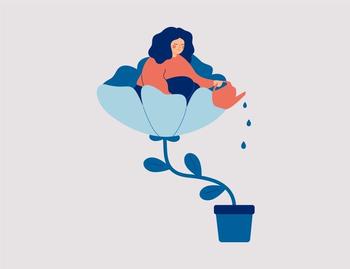
How can a greater emphasis on valued experiences both promote well-being and alleviate stress in patients?

In this Special Report, clearly delineate the clinical context of selective psychoses.

Can we borrow terminology to help identify—and address—the mental issues associated with gun violence?

In this installment of the Around the Practice custom video program, doctors discussed management of narcolepsy.
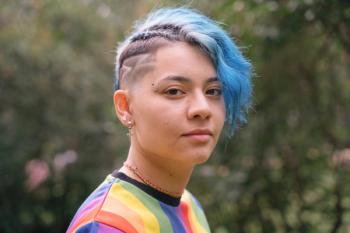
June is Pride month. Here’s why clinicians should be focusing on transgender and nonbinary patients all 12 months of the year.

Is a picture really worth a thousand words? And, if so, is it what is needed to make a difference in gun violence reduction?

There are only three kinds of people in the world, those who are good at math and those who aren’t.

Clinicians are trained in how to help patients with substance use disorders—but what happens when the individual with a substance use disorder is a loved one?

Adjunctive metformin in bipolar disorder. Researchers performed a randomized clinical trial of treating insulin resistance to improve clinical outcomes in treatment-resistant bipolar depression.

What are the differences in epidemiological and clinical characteristics of bipolar disorder between the sexes?

How can we help this unique patient population thrive? Experts weigh in at the 2022 APA Annual Meeting.

Progress is dependent on evaluating where you have been, examining what you have done, and considering how you can do better.